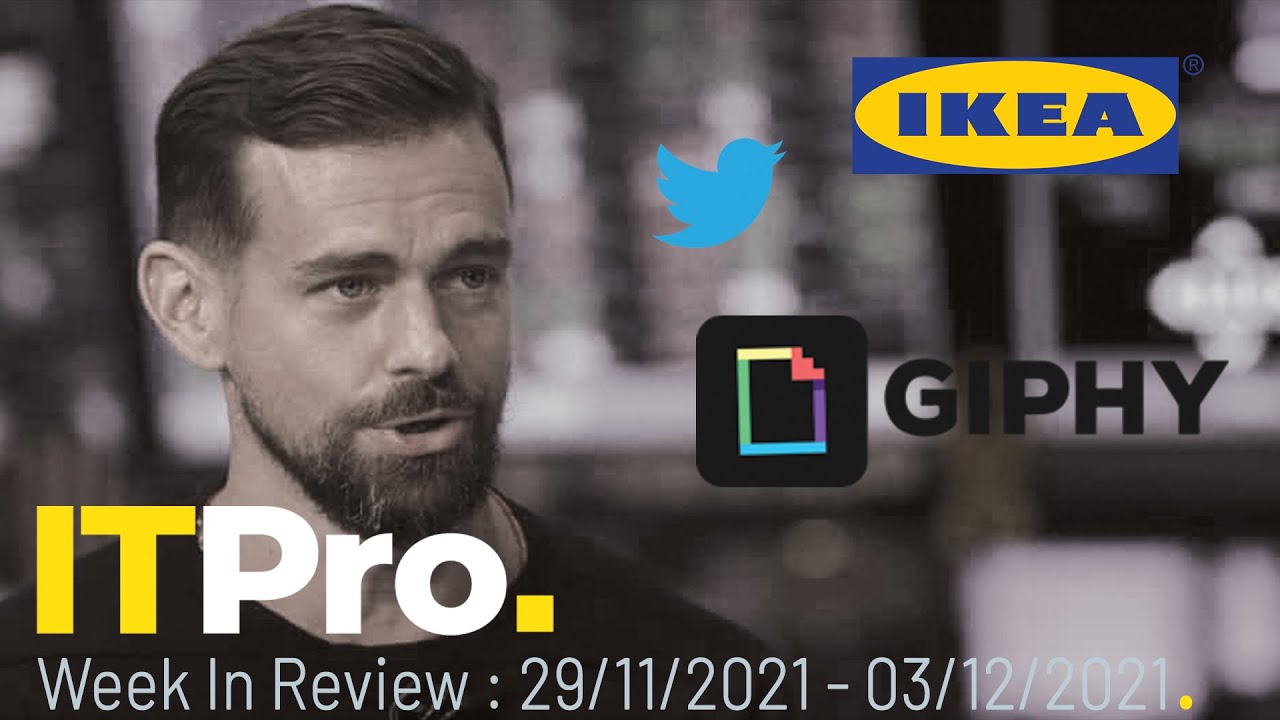Orlando victims' families sue Facebook, Twitter and Google
Case argues that online platforms aren't doing enough to battle ISIS radicalisation


Twitter, Facebook and Google are being sued by families of the victims of the Orlando gay nightclub shooting, in which 49 were murdered and many more injured.
The attack at the Pulse nightclub was the worst mass shooting in modern American history. Before being killed by police, the murderer swore allegiance to ISIS, though all evidence suggests he had no direct connection to the terror group, but was inspired by their materials posted online.
Because of that, families of three of the victims Tevin Crosby, Javier Jorge-Reyes and Juan Ramon Guerrero filed suit against the leading web platforms, saying they "provided the terrorist group ISIS with accounts they use to spread extremist propaganda, raise funds, and attract new recruits," according to a report on Fox News, which first spotted the case.
Their lawyer, Keith Altman, told the broadcaster that the killer was "radicalised by ISIS using the defendants' tools for that express purpose."
Under US law, online platforms do not count as publishers, meaning they're not liable for what members use their services to do. If the suit is successful, it could suggest a reinterpretation of how such sites are seen by courts.
"If it is successful, it would have very big implications," Mark Bartholomew, Professor of Law at the University at Buffalo School of Law, told the Independent.
This isn't the first suit to target online platforms for their role in the spread of radicalisation on the web. A similar case was dismissed by a Californian court this summer. It accused Twitter of supplying material support for ISIS and was brought by the family of a contractor killed in an attack in Jordan.
Get the ITPro daily newsletter
Sign up today and you will receive a free copy of our Future Focus 2025 report - the leading guidance on AI, cybersecurity and other IT challenges as per 700+ senior executives
The accused sites have attempted to tackle the issue. Twitter said earlier this year it had deleted 125,000 accounts over a six-month period, using a mix of user reports, algorithms and human intervention. Google has targeted ISIS themed searches with anti-terror messages on YouTube.
A Facebook spokesperson said: "We are committed to providing a service where people feel safe when using Facebook. Our Community Standards make clear that there is no place on Facebook for groups that engage in terrorist activity or for content that expresses support for such activity, and we take swift action to remove this content when it's reported to us. We sympathise with the victims and their families." Neither Twitter or Google had any comment.
Freelance journalist Nicole Kobie first started writing for ITPro in 2007, with bylines in New Scientist, Wired, PC Pro and many more.
Nicole the author of a book about the history of technology, The Long History of the Future.
-
 Cleo attack victim list grows as Hertz confirms customer data stolen
Cleo attack victim list grows as Hertz confirms customer data stolenNews Hertz has confirmed it suffered a data breach as a result of the Cleo zero-day vulnerability in late 2024, with the car rental giant warning that customer data was stolen.
By Ross Kelly
-
 Lateral moves in tech: Why leaders should support employee mobility
Lateral moves in tech: Why leaders should support employee mobilityIn-depth Encouraging staff to switch roles can have long-term benefits for skills in the tech sector
By Keri Allan
-
 Who owns the data used to train AI?
Who owns the data used to train AI?Analysis Elon Musk says he owns it – but Twitter’s terms and conditions suggest otherwise
By James O'Malley
-
 Elon Musk confirms Twitter CEO resignation, allegations of investor influence raised
Elon Musk confirms Twitter CEO resignation, allegations of investor influence raisedNews Questions have surfaced over whether Musk hid the true reason why he was being ousted as Twitter CEO behind a poll in which the majority of users voted for his resignation
By Ross Kelly
-
 Businesses to receive unique Twitter verification badge in platform overhaul
Businesses to receive unique Twitter verification badge in platform overhaulNews There will be new verification systems for businesses, governments, and individuals - each receiving differently coloured checkmarks
By Connor Jones
-
 Ex-Twitter tech lead says platform's infrastructure can sustain engineering layoffs
Ex-Twitter tech lead says platform's infrastructure can sustain engineering layoffsNews Barring major changes the platform contains the automated systems to keep it afloat, but cuts could weaken failsafes further
By Rory Bathgate
-
 ‘Hardcore’ Musk decimates Twitter staff benefits, mandates weekly code reviews
‘Hardcore’ Musk decimates Twitter staff benefits, mandates weekly code reviewsNews The new plans from the CEO have been revealed through a series of leaked internal memos
By Connor Jones
-
 Twitter could charge $20 a month for 'blue tick' verification, following Musk takeover
Twitter could charge $20 a month for 'blue tick' verification, following Musk takeoverNews Developers have allegedly been given just seven days to implement the changes or face being fired
By Rory Bathgate
-
 Twitter reports largest ever period for data requests in new transparency report
Twitter reports largest ever period for data requests in new transparency reportNews The company pointed to the success of its moderation systems despite increasing reports, as governments increasingly targeted verified journalists and news sources
By Rory Bathgate
-
 IT Pro News In Review: Cyber attack at Ikea, Meta ordered to sell Giphy, new Twitter CEO
IT Pro News In Review: Cyber attack at Ikea, Meta ordered to sell Giphy, new Twitter CEOVideo Catch up on the biggest headlines of the week in just two minutes
By IT Pro